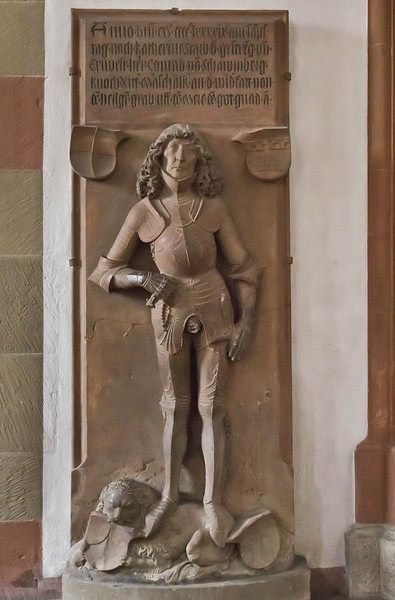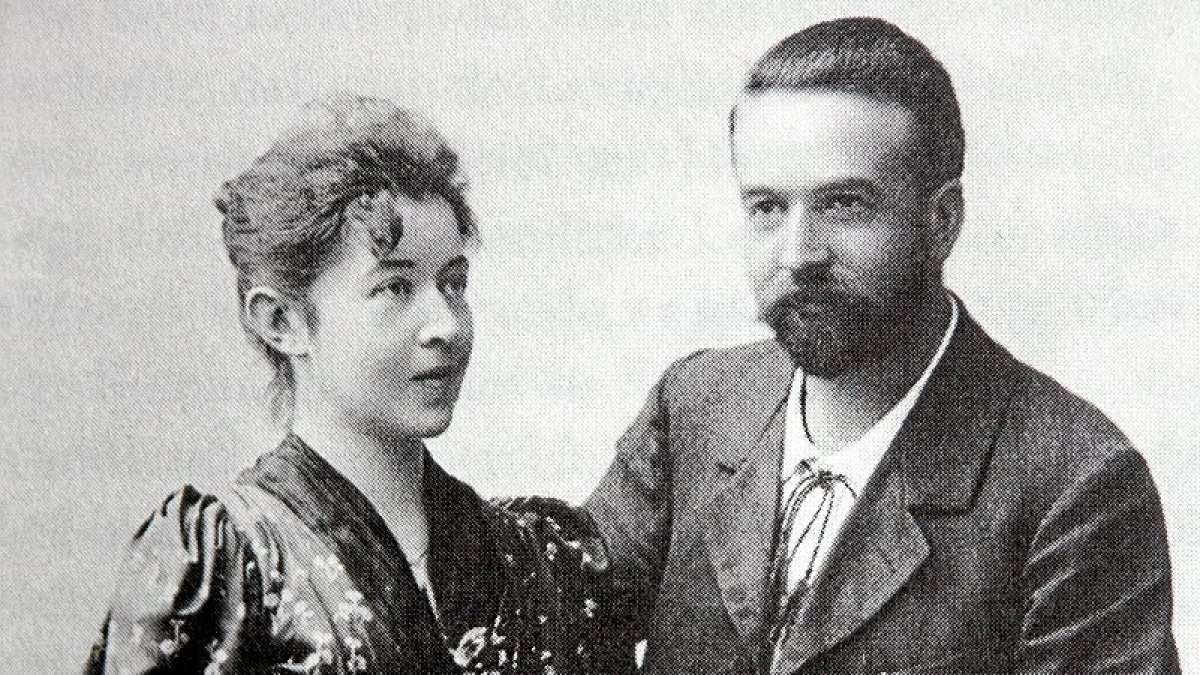En Paz ~ Artifex vitae, artifex sui
Amado Nervo (1870-1919)
Craftsman of Life, Craftsman of the Self
En Paz ~ Artifex vitae, artifex sui
Muy cerca de mi ocaso, yo te bendigo, Vida,
porque nunca me diste ni esperanza fallida,
ni trabajos injustos, ni pena inmerecida;
porque veo al final de mi rudo camino
que yo fui el arquitecto de mi propio destino;
que si extraje la miel o la hiel de las cosas,
fue porque en ellas puse hiel o mieles sabrosas:
cuando planté rosales coseché siempre rosas.
Cierto, a mis lozanías va a seguir el invierno:
¡mas tú no me dijiste que mayo fuese eterno!
Hallé sin duda largas las noches de mis penas;
mas no me prometiste tan sólo noches buenas;
y en cambio tuve algunas santamente serenas…
Amé, fui amado, el sol acarició mi faz.
¡Vida, nada me debes! ¡Vida, estamos en paz!
In Peace
Very near my sunset
My blessings on you, Life,
Because you never told me
Of hopes that would deceive
Nor of unjust labours
Nor undeserving grief.
For I see at the finish
Of my uneven journey
That I was the designer
Deviser of my destiny;
I drew out gall or honey
As much as I inserted:
If rosebushes I planted,
Then roses were my harvest.
For sure my horn of plenty
Will soon give way to winter,
But then you never told me
That May would last for ever!
Certainly I encountered
Long nights, my nights of sorrow:
But then you never promised
My nights would all be good ones;
Some were a benediction…
I loved and I was loved,
The sun caressed my face.
Life, you owe me nothing!
Life, we are at peace!
Translation: Copyright © Timothy Adès

